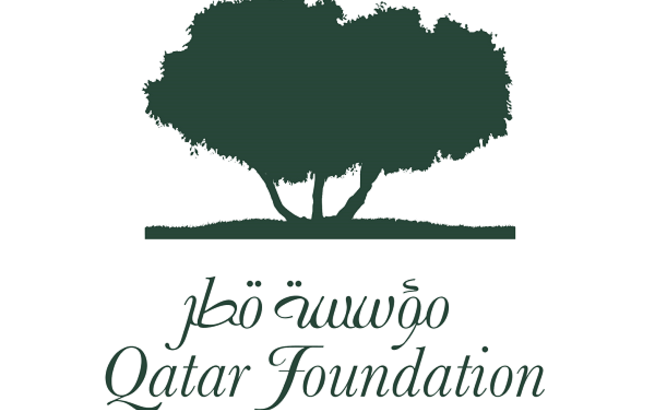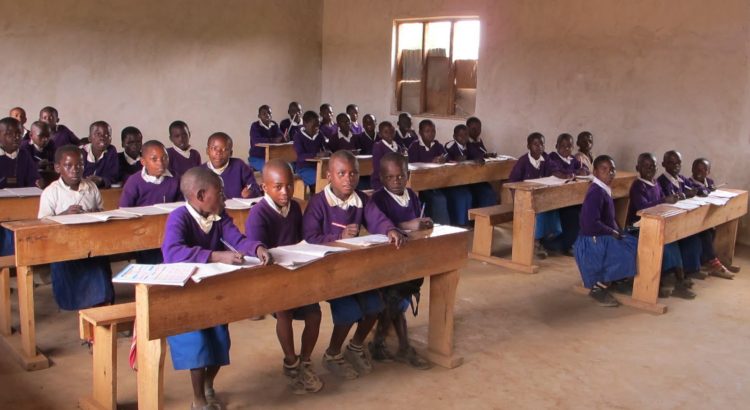There are so many useless acronyms in the world that anyone would be forgiven for not knowing the meaning of most of them, but there is one important acronym that has been gaining momentum in global education in recent years: STEM. Despite the fact that the principle is now root and branch of the British educational system, 60% of parents don’t actually know what STEM (science, technology, engineering and mathematics) stands for or means.
Science, technology, engineering and mathematics are now essentially what the ‘three Rs’ used to be. Reading, ‘riting, and ‘rithmetic are as important now as they ever were, but while they used to be the pinnacle of achievement, they’re now the bare minimum; what employers, and wider society, are now looking for is STEM subjects. But, while more than two thirds (68%) of parents think that proficiency in tech is as necessary a life skill as budgeting or learning to cook, few of them seem to know what this means.
Traditionally, STEM have been viewed as masculine subjects. With the rare exception, girls ‘didn’t do’ science or engineering, technology, or even maths, despite the fact that in my school – and presumably very many others – some of the top performing students in these classes were girls. In primary school and high school, it was OK to shine, but once you got to tertiary education the engagement dropped off. Consequently, by 2014, only 12.8% of the STEM related workforce in the UK were female. And that figure hasn’t really increased in the last three years. Why? Not because of lack of inherent ability in females, but because of skewed perceptions: if society doesn’t deem these sectors as viable for women to work in, how incredibly difficult must it be for an individual to succeed, even in these times of perceived gender equality? And if your immediate role model doesn’t know enough about STEM to encourage, then it becomes more difficult still. As they say ‘You can’t be what you can’t see.’
Of course, coding isn’t the only part of STEM, or even of a technical education – it’s just one of my personal areas of interest, which is why that figure caught my eye. But when you broaden the questions to take in technology as a whole, the main concern seems to be focussed on the amount of screen time a child should, or should not have, rather than what they’re doing with that time. Broaden the questions again, and ask about home engagement with all STEM-related toys, and only just over half (57.6%) of parents believed that STEM toys should be used outside of the classroom, while 42% said that their kids have STEM toys but they (the parents) sometimes don’t understand how to use them.
There are so many different decisions to be made when bringing up a child and so many priorities to balance, but if the UK is to succeed in holding its place among the world leaders, to forge a place among the technical elite, then children need to be given the opportunity to learn – and value – the skills that are being viewed as internationally important.
From doctors and vets to programmers and research scientists, STEM subjects open up a vast array of careers. And even if kids don’t go onto a career that uses STEM directly, the disciplines teach them problem solving and logic, and you can’t get far in life without those.
There are so many useless acronyms in the world that anyone would be forgiven for not knowing the meaning of most of them, but perhaps it’s time for parents to get to the root of STEM.
Christopher Cederskog is Managing Director Europe of Wonder Workshop
Source:
http://www.huffingtonpost.co.uk/christopher-cederskog/stemming-the-flow-what-br_b_18455452.html









 Users Today : 26
Users Today : 26 Total Users : 35459932
Total Users : 35459932 Views Today : 31
Views Today : 31 Total views : 3418496
Total views : 3418496